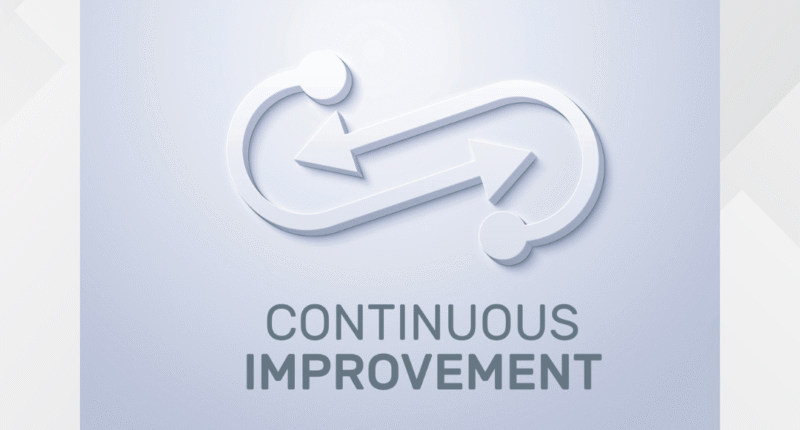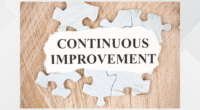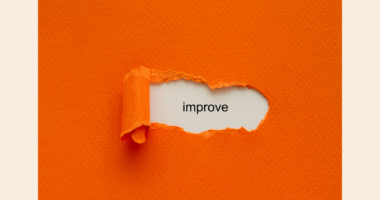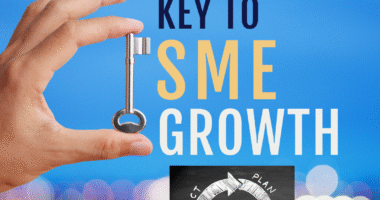Small and medium-sized enterprises (SMEs) often face challenges such as limited resources, tight budgets, and intense competition. Implementing Kaizen, the Japanese philosophy of continuous improvement, provides a structured approach to enhancing efficiency, reducing waste, and fostering a culture of innovation. By embracing small, incremental changes, SMEs can achieve significant improvements without major investments.
Understanding Kaizen in SMEs
Kaizen is more than just a methodology; it is a mindset and culture. It emphasizes gradual, ongoing improvements across all business processes and encourages employees at every level to participate in identifying problems and proposing solutions. For SMEs, this approach is particularly effective because it maximizes efficiency while leveraging the knowledge and creativity of a smaller workforce.
Key Features of Kaizen for SMEs
-
Incremental Improvement: Focus on small, manageable changes that accumulate into measurable gains.
-
Employee Participation: Encourage staff involvement in problem-solving and decision-making.
-
Waste Elimination: Identify and remove non-value-added activities in processes.
-
Standardization: Document successful practices to maintain consistency and prevent regression.
How Kaizen Drives Continuous Improvement
1. Streamlining Processes
Kaizen enables SMEs to analyze workflows, identify bottlenecks, and optimize processes. By focusing on small process improvements, businesses can increase productivity and reduce errors without requiring large-scale restructuring.
2. Reducing Costs
Waste reduction is a core principle of Kaizen. By eliminating unnecessary steps, minimizing resource usage, and improving operational efficiency, SMEs can achieve significant cost savings while maintaining quality standards.
3. Enhancing Employee Engagement
Kaizen thrives on employee involvement. When staff are empowered to contribute ideas and take ownership of improvements, motivation and productivity increase. Engaged employees are more likely to innovate and collaborate, creating a proactive and solution-oriented workplace.
4. Improving Quality
Continuous improvement under Kaizen ensures that SMEs can consistently deliver high-quality products and services. By identifying errors early and refining processes incrementally, businesses reduce defects, enhance customer satisfaction, and strengthen brand reputation.
5. Promoting a Culture of Learning
Kaizen fosters a culture of learning and adaptability. SMEs that embrace continuous improvement are better equipped to respond to market changes, adopt new technologies, and maintain a competitive edge.
Implementing Kaizen in SMEs
To successfully implement Kaizen, SMEs should start with a process assessment, involve employees in improvement initiatives, set measurable goals, and use tools like 5S, value stream mapping, and PDCA cycles. Leadership commitment and regular monitoring are crucial to sustaining long-term improvements.
By adopting Kaizen, SMEs can drive continuous improvement, reduce waste, enhance efficiency, and build a motivated workforce. This philosophy enables small businesses to achieve sustainable growth and remain competitive in an ever-changing market.









